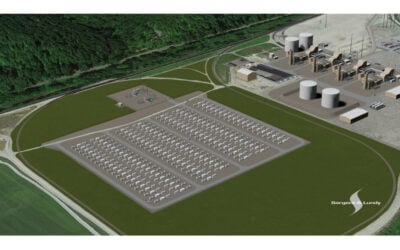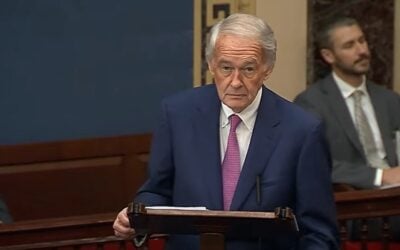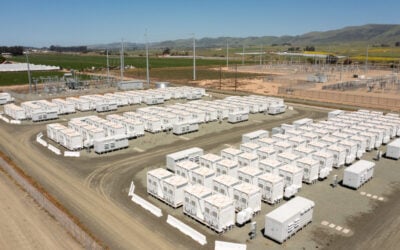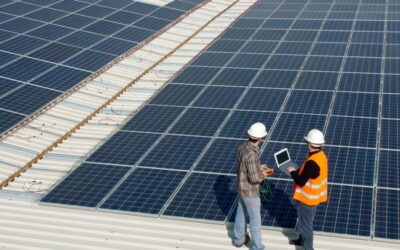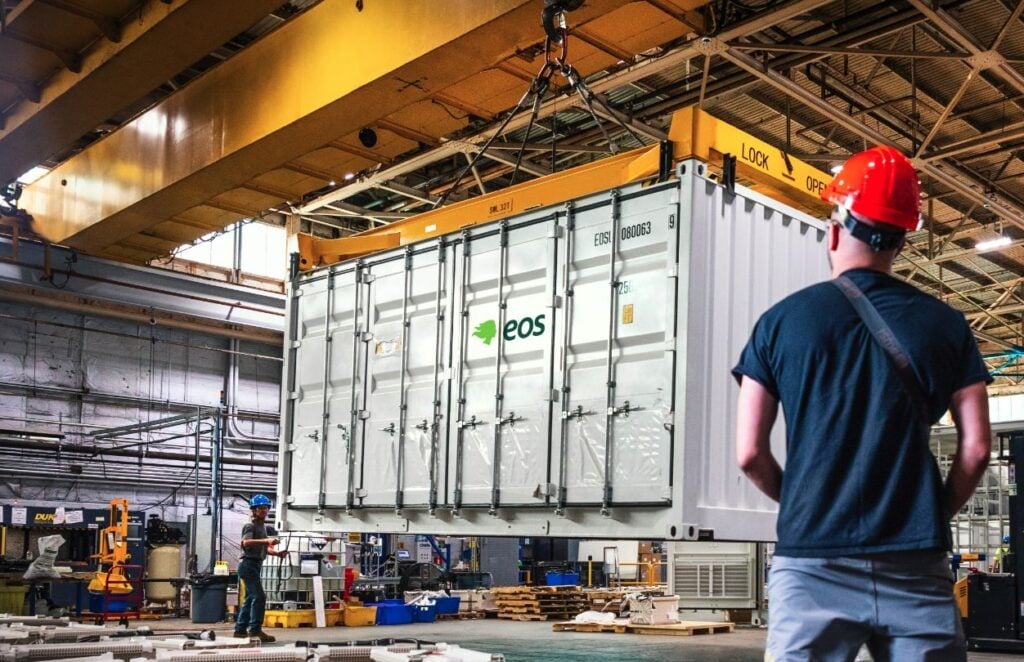
Energy storage technology firms Eos and Energy Vault have both released their Q2 results, with contrasting figures but both still having a long way to go to scale up and reach profitability.
Eos Energy Enterprises
Zinc battery manufacturer Eos Energy Enterprises saw sales of US$0.9 million in the three months to 30 June, 2024, a 261% annual increase, while its cost of goods sold increased 26% to US$14.1 million. Other operating costs however fell 33% to US$15.8 million.
Enjoy 12 months of exclusive analysis
- Regular insight and analysis of the industry’s biggest developments
- In-depth interviews with the industry’s leading figures
- Annual digital subscription to the PV Tech Power journal
- Discounts on Solar Media’s portfolio of events, in-person and virtual
Revenues were down substantially quarter-on-quarter, however, nearly 90% lower than the US$6.6 million in Q1.
Overall, it ended up with a net loss of US$28.2 million in Q2, much lower than the US$131.6 million loss in Q2 2023.
The firm manufactures a proprietary zinc-based battery pack which it sells to system integrators for projects with up to 12 hours of discharge duration.
Highlights during the quarter included a US$315 million financing package with private equity firm Cerberus and the expansion of a microgrid project with the Viejas Band of Kumeyaay Indians in California to 60MWh from 35MWh previously.
The company repeated what it said in its Q1 results, that it expected the ramp-up in manufacturing to help its profitability shift this year.
It claims a commercial pipeline of US$13.8 billion and an orders backlog of US$586.8 million, although these figures have been questioned by influential short-sellers in the past.
Energy Vault
Energy Vault meanwhile provides gravity energy storage technology as well as battery energy storage systems (BESS).
It saw a 90% drop in annual sales in Q2, to US$3.8 million, which it said reflected seasonality and timing of project revenues. Its cost of goods sold however also came down, by 92.5% to US$2.7 million, meaning its adjusted EBITDA loss narrowed from US$18 million to US$15.8 million.
It reiterated full-year guidance for 2024 of US$50-100 million, a substantial decrease from 2023.
BESS projects commissioned in and around the quarter include projects in Nevada and Texas while it has also made several recent announcements about its gravity storage tech, including new form factors one of which it is exploring deploying at a coal mine in Italy. The technology however has its fair share of critics, to put it mildly.
Both Eos and Energy Vault were part of an article Energy-Storage.news published last year looking at how energy storage SPAC-listed firms have fared since going public (Premium access).

